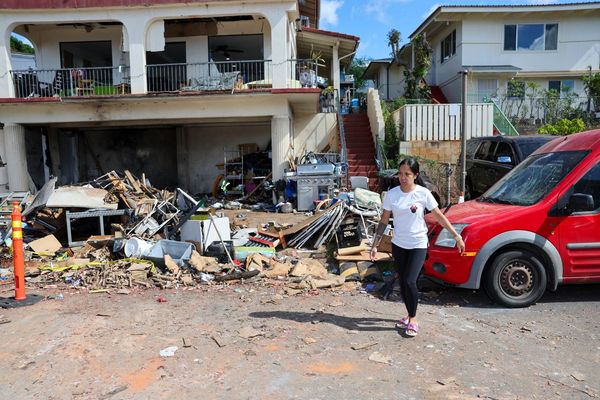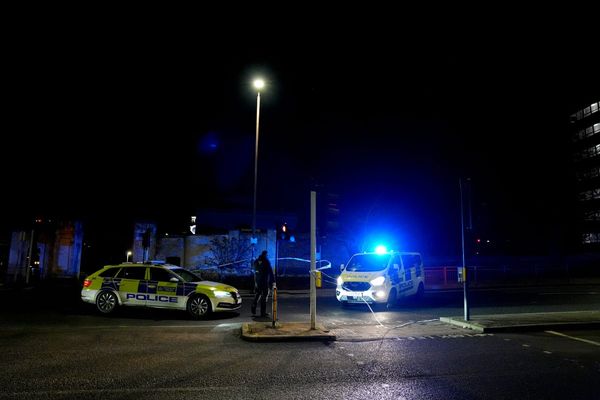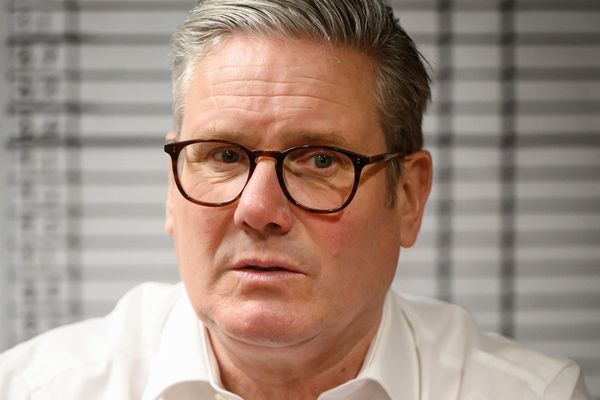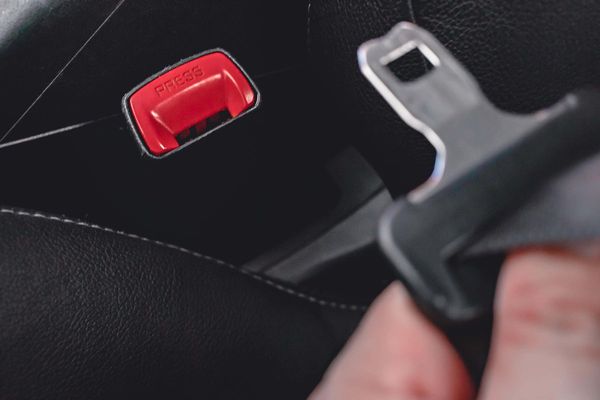
The Pacific’s scorecard for Australia’s new climate policy is in: an improved effort but must do better.
The critique of the federal government’s emissions reduction plan is included in the Pacific Islands Forum’s final communique, seen by AAP prior to its wider release on Friday.
As expected, the communique declares a climate emergency; a call to arms to reduce emissions given the existential threat to many island nations.
It follows much diplomacy at the forum in Fiji this week, capped by a closed-door leaders’ retreat on Thursday.
Prime Minister Anthony Albanese was in a bubbly mood as he addressed journalists in Suva after his first PIF summit, claiming Pacific unity was strong.
“Our partnerships have been strengthened by this meeting, it was really constructive the way that we dealt with each other,” he said on Friday.
“There was a good spirit of cooperation and dialogue, speaking about our common interests.”
Mr Albanese also claimed strong support from Pacific island nations for Australia’s new climate position.
“(It) was particularly well-received, and that is reflected in the communique,” he said.
That much is true, with a specific clause referencing Australia’s renewed ambition following the May election of a Labor government.
“Leaders welcomed and fully supported Australia’s renewed commitment to the forum’s climate change priorities,” the communique reads.
Australia had to step up following the previous forum in Tuvalu in 2019 when it was accused of abandoning the region to the impacts of climate change.
However, the clause only tells half the story.
In a document where precise language matters, forum leaders fell short of supporting Australia’s bid to host a United Nations Climate Change Conference on behalf of the Pacific.
The leaders “welcomed”, rather than supported, “the interest from Australia” for that proposal.
Officials who were not authorised to speak publicly told AAP the intention of some island nations was to be warm toward Australia’s commitments, but not too warm.
Another clause in the communique pointedly urges all forum nations to deliver “clear progress on turning pledges and commitments into action, consistent with the 1.5 degree pathway”.
Australia’s current emissions target – a 43 per cent reduction by 2030 – falls short of that pathway.
Fiji Prime Minister Frank Bainimarama gave voice to that sentiment on Twitter.
“Australia’s new climate pledge is a step-up that Fiji has long sought – but out of the duty I owe every young person in the Pacific, I have urged (Mr Albanese) to go further for our family’s shared future by aligning Australia’s commitment to the 1.5 degree target,” he posted.
Climate Council senior researcher Wesley Morgan said Australia’s targets and ongoing fossil fuel use concerned many.
“You can’t tell Pacific nations you’re serious about tackling the climate emergency, and bid to host the world’s most important climate summit, while continuing to fuel the flames by approving massive new gas projects,” he said.
“The science could not be clearer.”
Pacific unity was another key topic for leaders, heightened by Kiribati’s damaging withdrawal from the regional body on the eve of the summit.
Australia and New Zealand will fund the Suva Agreement, which reforms the forum and new diplomatic efforts to bring Kiribati back to the fold.
“The people and government of Kiribati will always be a part of the Blue Pacific Family and (the forum is) committed to continue to dialogue towards a resolution to restore the unity of the Forum Family,” the communique said.
Australia and New Zealand will also be pleased by a commitment to “family first” security in the Pacific.
The trans-Tasman allies sought as much from the Solomon Islands in the wake of its security deal with China, signed in April.
In Fiji, Solomons Prime Minister Manasseh Sogavare ruled out a Chinese military base and greeted Mr Albanese with a hug.







